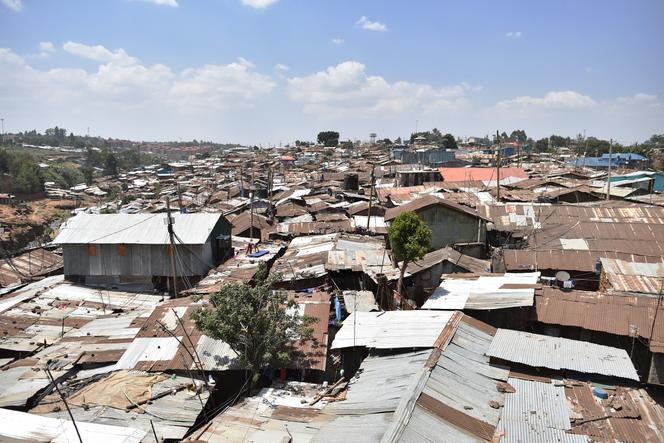Inside Kenya’s Kibera Slum: A Glimpse Into the Busy Court of One of Africa’s Largest Informal Settlements

The Harsh Reality of Illegal Alcohol Trade in Kibera
A young woman stands before the magistrate in Court 2 of Kibera’s bustling courthouse, her head bowed low. Wrapped in a hoodie, she barely whispers her confession—“Ni ukweli” (“Guilty” in Kiswahili). Liam L., a 27-year-old resident of Nairobi’s sprawling Kibera slum, has been accused of selling chang’aa, a dangerous homemade alcohol that claims dozens of lives annually in Kenya.
This illicit brew, made from millet and laced with toxic methanol to speed fermentation, is banned yet widely consumed in Kenya’s poorest neighborhoods due to its affordability. The trade continues despite its deadly consequences, flooding the streets of informal settlements like Kibera.
A Day in Kibera’s Overcrowded Court
On a typical Tuesday morning, the Kibera court is packed—courtrooms, corridors, and outdoor waiting areas overflowing with litigants. After Liam’s case, two women face charges for selling alcohol without a license. A disoriented young man, lacking identification, claims to be American. Elsewhere, two men stand accused of violent assault, a woman is suspected of stealing a television, and another pair allegedly threatened a neighbor’s life.
The relentless flow of cases highlights the daily struggles within one of Africa’s largest slums, where poverty and crime often intersect.
Read more: Kibera: The Plague of Nairobi
Source: Le Monde


